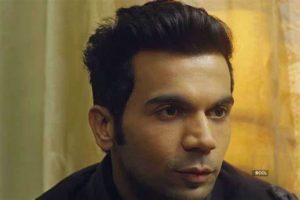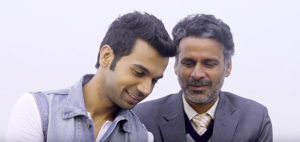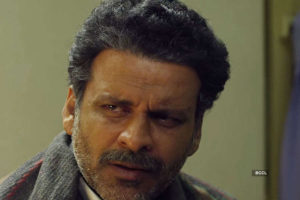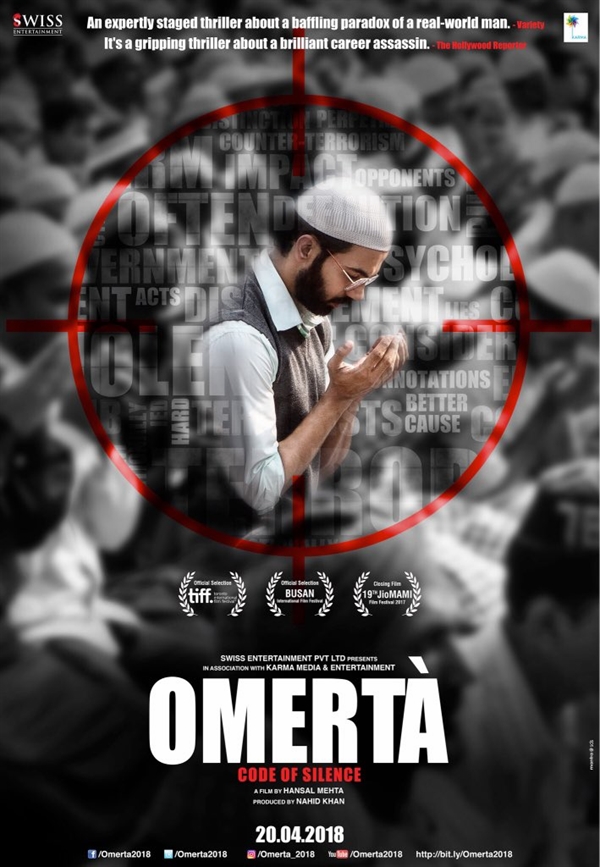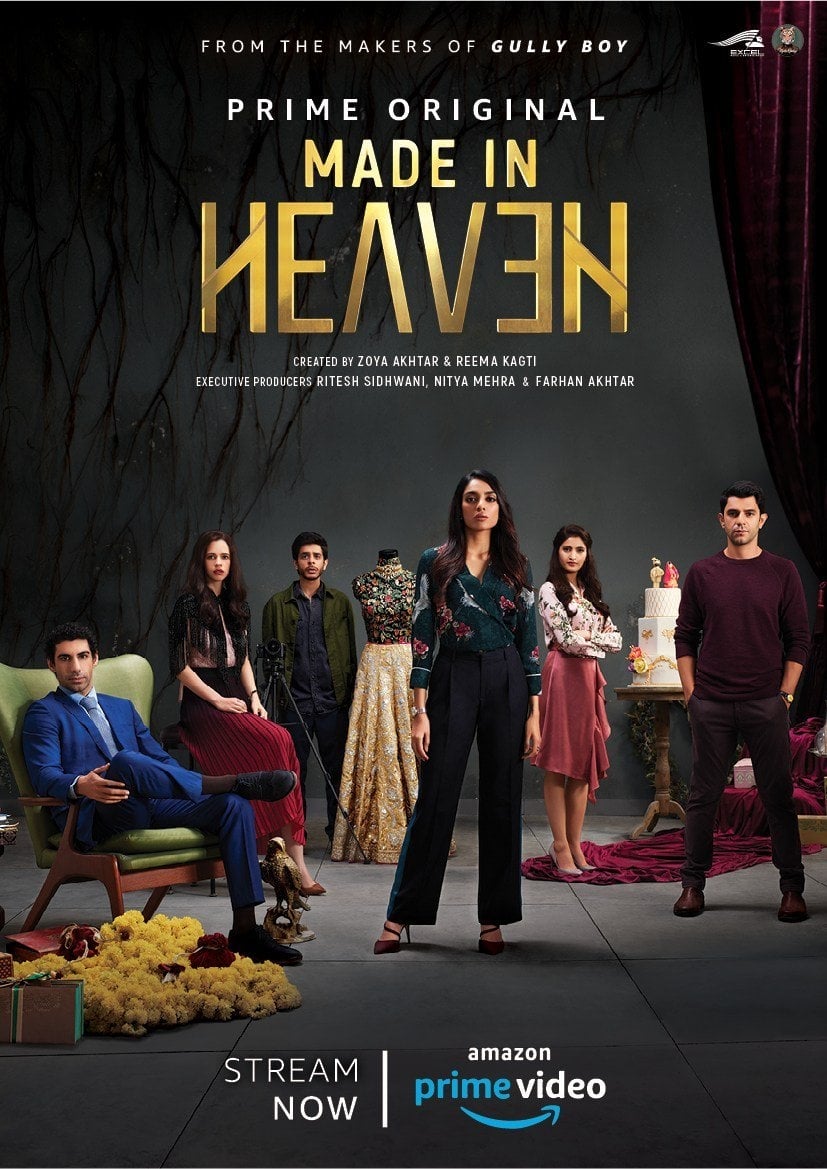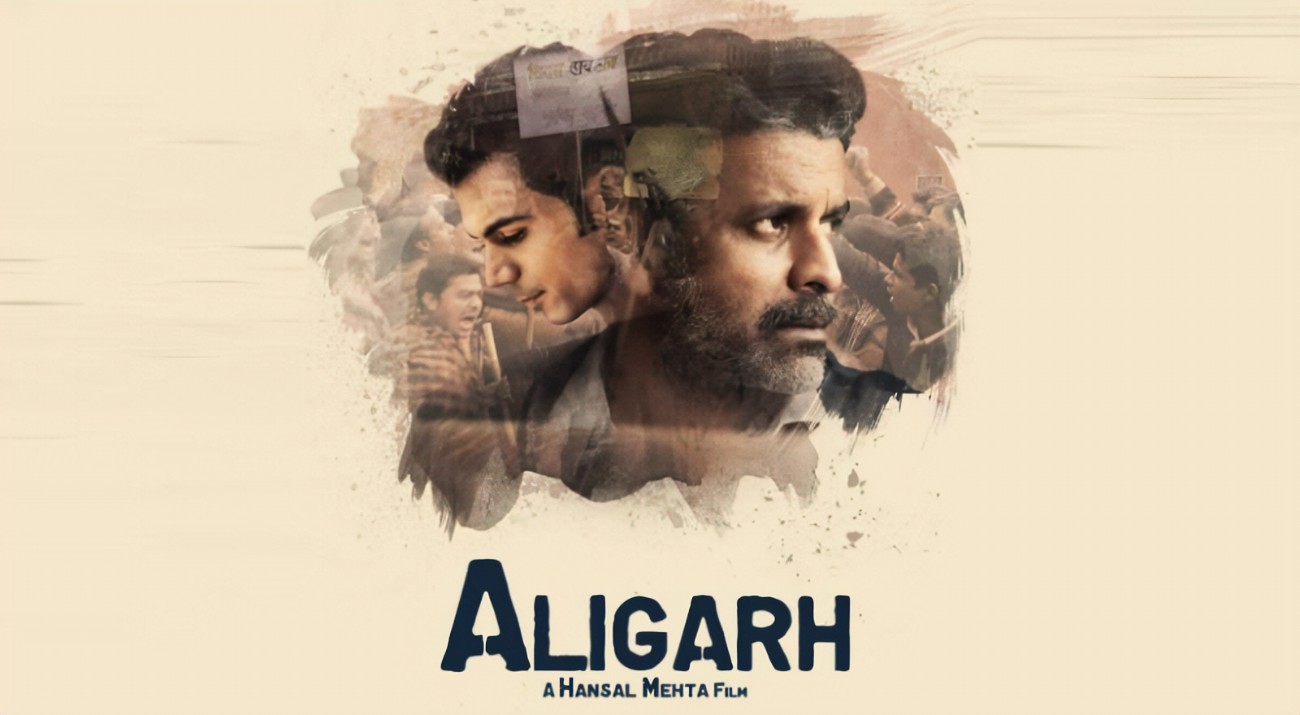
Bollywood Redux Film Review “Aligarh”
WATCH THE TRAILER HERE
First, the Recap:
The championing of a cause. Is it fair to say that when we find ourselves in a position to truly make a difference through standing up for someone or something that requires equity and awareness-raising exposure, and we have the means to do it, should we not move forward? What might be the cost of defending choice? Is it worth it to expose injustice and allow another to find solace in who they are? In the state of Uttar Pradesh is the city of Aligarh. Professor Shrinivas Ramchandra Siras (Manoj Bajpayee), who teaches Marathi on the Aligarh Medical Campus, gets a sudden jolt of an atmosphere and attitude of hate and intolerance when his position is terminated after he is outed for being gay. Even as Shrinivas’ life fully starts to unravel further, a newspaper reporter named Deepu (Rajkummar Rao) takes interest in the professor’s story and soon makes it his mission to uncover the real truths while in the process forming a deeply grounded bond with the societally maligned man.
Next, my Mind:
A willingness to take on societal norms, go against the flow, present relevant thematic material even if considered potentially or blatantly provocative, this is the mark of a top quality filmmaker. The South Asian arena has more than its fair share of such luminaries, including the one who brought about the subject of this review, Hansal Mehta. Having previously delivered feature film gems like “Shahid“, “Omerta“, “Simran” and the upcoming efforts “Faraaz” and “Scam 2003: The Curious Case of Abdul Kareem Telgi“, Mehta’s ability to take culturally and politically charged topics and turn them into mainstream gems showcases an artist wanting to make a statement while still presenting entertainment while making you think a little deeper about the world around you. It is definitively my hope that Mehta’s voice will carry over to American audiences in a manner that will become just as meaningful and impactful to our own social and political turmoil even as we witness it from the perspective of India through Mehta’s deft touch.
Once more the tragically deep-seated roots of intolerance, overt prejudice, misguided understanding, forced confession, and the damaging, cascading effect it all has on one man’s emotionally harrowing journey to seek acceptance amidst a society that has suddenly chosen to ostracize him, this based-on-real-events feature film from director Mehta, writers Apurva Asrani and Ishani Banerjee, producers Sunil Lulla, Sandeep Singh, and Shaailesh R Singh plus executive producer Alok Tripathi deftly and powerfully addresses the always provocative foundational subject of sexual orientation and the inflammatory catalyst it continues to be despite so many strides made in India recently to squash the hatred and decriminalize the gay lifestyle, allowing for those who choose it to be open and out, ideally without any fear of malice, discrimination, or threats against them. With the landmark decision made in India in September 2018, it only makes a film like this that came out in 2015 that much more pertinent and applicable to view.
The incident the film is based on took place in the Aligarh Medical Colony in 2010, which was a year after the Delhi High Court had initially repealed Section 377 from their penal code and hence why it makes for a more stirringly dramatic atmosphere as we watch the story unfold and why it made such a splash when it occurred, since the bigotry involved went completely against the decision which, at the time, had been officially made by the court. We see the consequences of one man’s choices being blatantly, and none-too-ceremoniously, brought into the light in a manner that not only costs him his career, but also his dignity, home, sense of self, and question so much of what it is to just BE a man and human being. Thematic explorations within these contexts include loneliness, the need for affection, and the twisting of what can be, and SHOULD be, seen as beautiful, while also speaking to the notion of what it is to somehow think that a person’s deep feelings can be summarized in only ONE word.
It expands then on how we should strive to see the world beyond just words, likened to reading poetry and its more lyrical approach to life, love, decisions we make, and how we aim to interact with the world. It puts a strongly affecting air to the film as it showcases how quick we are to judge and without thinking about pointing the finger at ourselves rather than at that we are CHOOSING not to comprehend or accept if it doesn’t fit our own personal beliefs. This critic has very often been clear that films focused on this particular subject haven’t always been a favorite of mine, yet, when you see artistry like this film and how it depicts the topic and illustrates it with such absolute beauty and creative prowess, it allows a total relatability and accessibility, honestly, for anyone, regardless of what your own personal preferences or opinions about the gay lifestyle might be. I firmly put this effort in with others like “Sisak“, “Miss Man“, “Sheer Qorma“, and “Khejdi” just to name a few. Themes here can relate to situations beyond the cornerstone ideas shown.
The pacing of the film allows for a wonderfully executed and detailed telling of an unexpected friendship that is discovered through the events that happened, and how moving this all is only makes the finale both victorious and heartbreaking at the same time, but ultimately full of needed hope. I always laud superb casting when it comes to any level of filmmaking, and the wealth of skillful aptitude found in this effort’s two primary leads was nothing short of genius for me. We start with the highly prolific and consistently reliable emotive power of Bajpayee as Prof. Shrinivas Ramchandra Siras, an intelligent, quietly authoritative, humble teacher of languages at the Aligarh Medical Colony whose entire reality gets drastically shifted when questionable and seemingly desperate, premeditated measures expose him as gay, causing his suspension, and sending him into a world of emotional compromise that only gets a ray of optimism when a reporter takes interest in his story and becomes a voice of reason and support amidst total chaos.
It’s an eloquently influential relationship that forms and watching as it unfolds, along with the subsequent impact it has on both men, is realistic and convincingly persuasive as they both battle to save a man’s career and more importantly, his very identity. Throughout this film, Bajpayee’s portrayal of such a volatile circumstance is filled with both fiery resolve and muted understatement that so deftly reflects the man Shrinivas is, a performance of genuine note to behold, with Bajpayee so easily able to draw you into the character’s plight and the fluctuations in the story’s atmosphere. Secondly, there is the equally adept performance from Rao, a veteran actor in his own right who’s resume only continue to build, as Deepu, a newspaper reporter already looking to up his cred with the higher ups and gain bigger opportunities who catches wind of Srinivas’ incident and immediately implores his boss to let him go to Aligarh to cover it.
Initially getting blocked when attempting to locate the now even more secluded Professor, Deepu’s persistence finally pays off, even if to a shaky beginning, getting in contact and consequent dialogue with the maligned man, which unexpectedly becomes a much larger connection than either would have anticipated. As Deepu hears Srinivas’ side of things and learns to look at life through a fresh perspective, it drives him further to do anything he can to help expose the real truths and see actual justice birthed. What I’ve always loved about Rao is his ability to play the “everyman” yet not let it pigeon-hole him into just one type of character. Here, he exudes plenty of that uncomplicated bravado often seen, but still adds layers of more nuanced and ultimately touching facets to the character and the relationship that is born out of the story being depicted, a total credit to Rao’s constant means of portraying believable, grounded, but still marvelously engaging individuals across a range of genres, here exercising polished dramatic chops to a “T”.
Some of the primary supporting turns are present here from Dilnaz Irani as Namita, Deepu’s boss at the newspaper who more than puts up a front of resistance to his requests to cover the story before finally giving in, only to later show there might even be more to the two of them than meets the eye, K.R. Parmeshwar as Prof. Sridharan, one of Srinivas’ closest colleagues who may or may not wish to be involved in aiding his ousted friend, Sukhesh Arora as Tahir, also a friend of Srinivas’ and fellow teacher with whom Deepu speaks about the situation with and who believes internal politics were in play, and Ashish Vidyarthi as Advocate Grover, the lawyer who wishes to represent Srinivas at his trial disputing the dismissal from the college. Additional but key roles also present come from Balaji Gauri, Nutan Surya, Ishwak Singh, Sumit Gulati, Suman Vaidya, Saptrishi Ghosh, Eisha Chopra, Farrukh Jaffar, and Sachin Parikh among several others.
So, in total, “Aligarh” is yet another of those films I deem “necessary and wholly relevant” to take in as it so compellingly speaks to our contemporary age, the ramifications of hasty, misplaced judgement, the illicit means to gain the supposed power of accusation and see it ruin the life of a fellow human being erroneously, and how one person choosing to stand up for another can alter perception, uncover the needed realities, form an uncommon but fantastically healing friendship, and see the beauty of human interaction, regardless of orientation or beliefs, usher in change for the better in everyone. These among other lessons the film might showcase should ideally prompt us to seek out that more constructive understanding that we may see so much hate dissipate and be replaced with how our world is supposed to be–equal.
As always, this is all for your consideration and comment. Until next time, thank you for reading!

